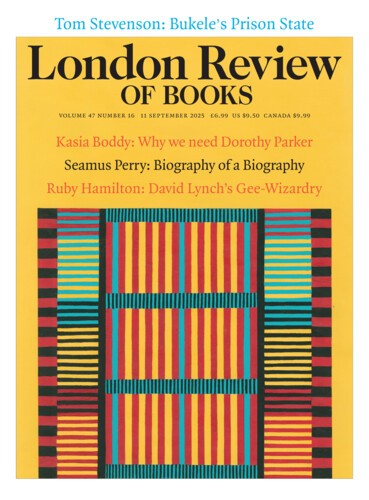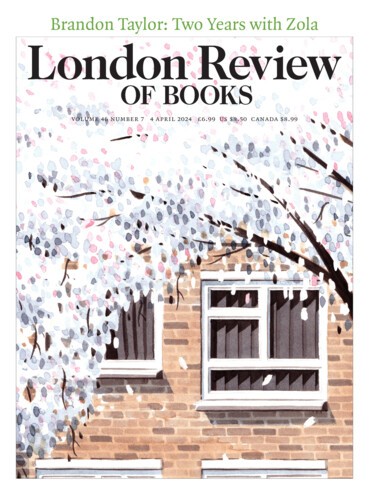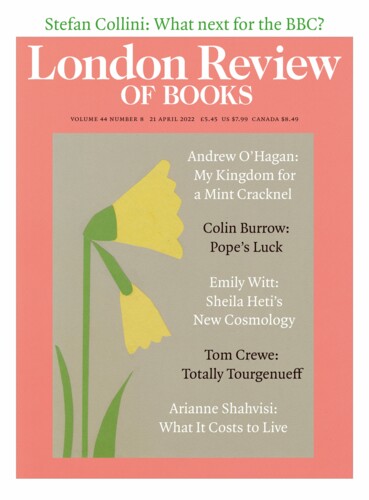Do you feel like a failure? In the Manosphere
Emily Witt, 11 September 2025
Last autumn, during a particularly enervating phase of the United States presidential election, it became clear that one of the themes of the campaign was going to be men. Never mind the overturning of Roe v. Wade, the demonisation of immigrants and the plans to put thousands of them in for-profit jails, the genocide in Gaza, climate change. The Democrats, according to the polls, had lost...





